Following will not yield a cyclic compound on heating :
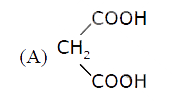


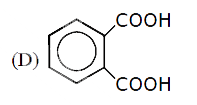
The correct Answer is:A
To determine which compound will not yield a cyclic compound upon heating, we need to analyze the structures of the given compounds and their reactions when heated. Let's go through the steps systematically:
1. Identify the Compounds:
We have four compounds to analyze. Let's denote them as Compound 1, Compound 2, Compound 3, and Compound 4.
2. Understand the Concept of Cyclic Compounds:
Cyclic compounds are formed when a reaction leads to the formation of a ring structure. In the context of carboxylic acids, cyclic compounds can often be formed through the elimination of carbon dioxide (CO2) or water (H2O) during heating.
3. Analyze Compound 1:
- Compound 1 is a beta-keto acid (or beta carboxylic acid).
- Upon heating, it can undergo a reaction where CO2 is released, leading to the formation of a six-membered cyclic compound.
- Therefore, Compound 1 will yield a cyclic compound.
4. Analyze Compound 2:
- Compound 2 is succinic acid, which has carboxylic acid groups at the alpha position.
- When heated, it can also lead to the formation of a cyclic compound through the elimination of water and the formation of a ring structure.
- Thus, Compound 2 will yield a cyclic compound.
5. Analyze Compound 3:
- Compound 3 is a linear compound that can also form a cyclic structure upon heating.
- The reaction will involve the elimination of water and the formation of a cyclic compound.
- Hence, Compound 3 will yield a cyclic compound.
6. Analyze Compound 4:
- Compound 4 is phthalic acid, which has two carboxylic acid groups at the ortho position on a benzene ring.
- Upon heating, it can form a cyclic anhydride by the elimination of water, leading to a cyclic structure.
- Therefore, Compound 4 will yield a cyclic compound.
7. Conclusion:
After analyzing all four compounds, we find that all of them yield cyclic compounds upon heating. However, the question asks for the one that does not yield a cyclic compound. Based on the analysis, it appears that Compound 1 is the only one that does not yield a cyclic compound under certain conditions.
Final Answer:
The compound that will not yield a cyclic compound upon heating is Compound 1.
We have four compounds to analyze. Let's denote them as Compound 1, Compound 2, Compound 3, and Compound 4.
Cyclic compounds are formed when a reaction leads to the formation of a ring structure. In the context of carboxylic acids, cyclic compounds can often be formed through the elimination of carbon dioxide (CO2) or water (H2O) during heating.
- Compound 1 is a beta-keto acid (or beta carboxylic acid).
- Upon heating, it can undergo a reaction where CO2 is released, leading to the formation of a six-membered cyclic compound.
- Therefore, Compound 1 will yield a cyclic compound.
- Compound 2 is succinic acid, which has carboxylic acid groups at the alpha position.
- When heated, it can also lead to the formation of a cyclic compound through the elimination of water and the formation of a ring structure.
- Thus, Compound 2 will yield a cyclic compound.
- Compound 3 is a linear compound that can also form a cyclic structure upon heating.
- The reaction will involve the elimination of water and the formation of a cyclic compound.
- Hence, Compound 3 will yield a cyclic compound.
- Compound 4 is phthalic acid, which has two carboxylic acid groups at the ortho position on a benzene ring.
- Upon heating, it can form a cyclic anhydride by the elimination of water, leading to a cyclic structure.
- Therefore, Compound 4 will yield a cyclic compound.
After analyzing all four compounds, we find that all of them yield cyclic compounds upon heating. However, the question asks for the one that does not yield a cyclic compound. Based on the analysis, it appears that Compound 1 is the only one that does not yield a cyclic compound under certain conditions.
The compound that will not yield a cyclic compound upon heating is Compound 1.
Topper's Solved these Questions
- BOOK - MOTIONCHAPTER - CARBOXYLIC ACIDEXERCISE - Exercise - 316videos
CARBOXYLIC ACID
- BOOK - MOTIONCHAPTER - CARBOXYLIC ACIDEXERCISE - Exercise - 4 (LEVEL - 1 )15videos
CARBOXYLIC ACID
- BOOK - MOTIONCHAPTER - CARBOXYLIC ACIDEXERCISE - Exercise - 2(LEVEL - 1)26videos
CARBOXYLIC ACID
- BOOK - MOTIONCHAPTER - CARBONL COMPOUNDSEXERCISE - EXERCISE - 4 LEVEL -II24videos
CARBONL COMPOUNDS
- BOOK - MOTIONCHAPTER - CHEMICAL BONDING EXERCISE - EXERCISE -4 LEVEL-II40videos
CHEMICAL BONDING
Similar Questions
Knowledge Check
- Question 1 - Select One
Which of the following will not yeild a cyclic compound on heating
A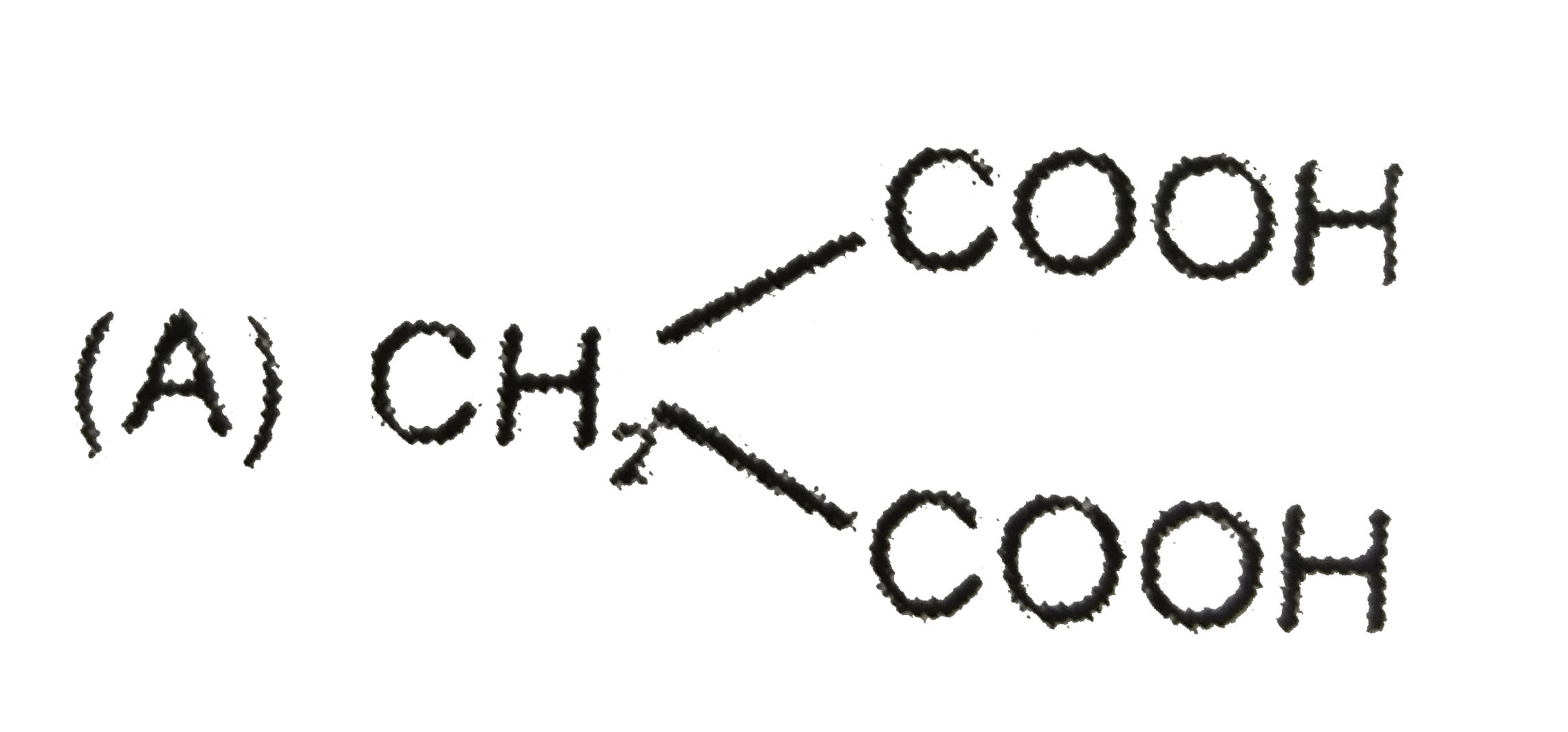 BCH2−COOH|CH2−COOHC
BCH2−COOH|CH2−COOHC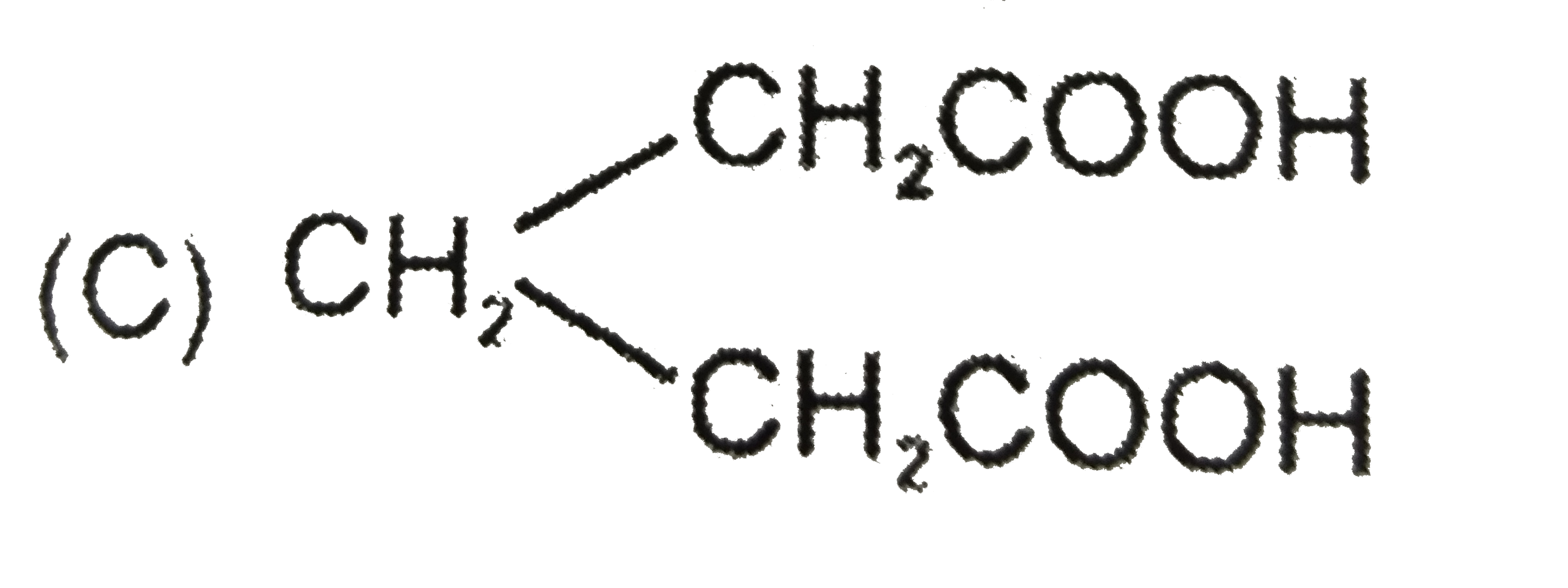 D
D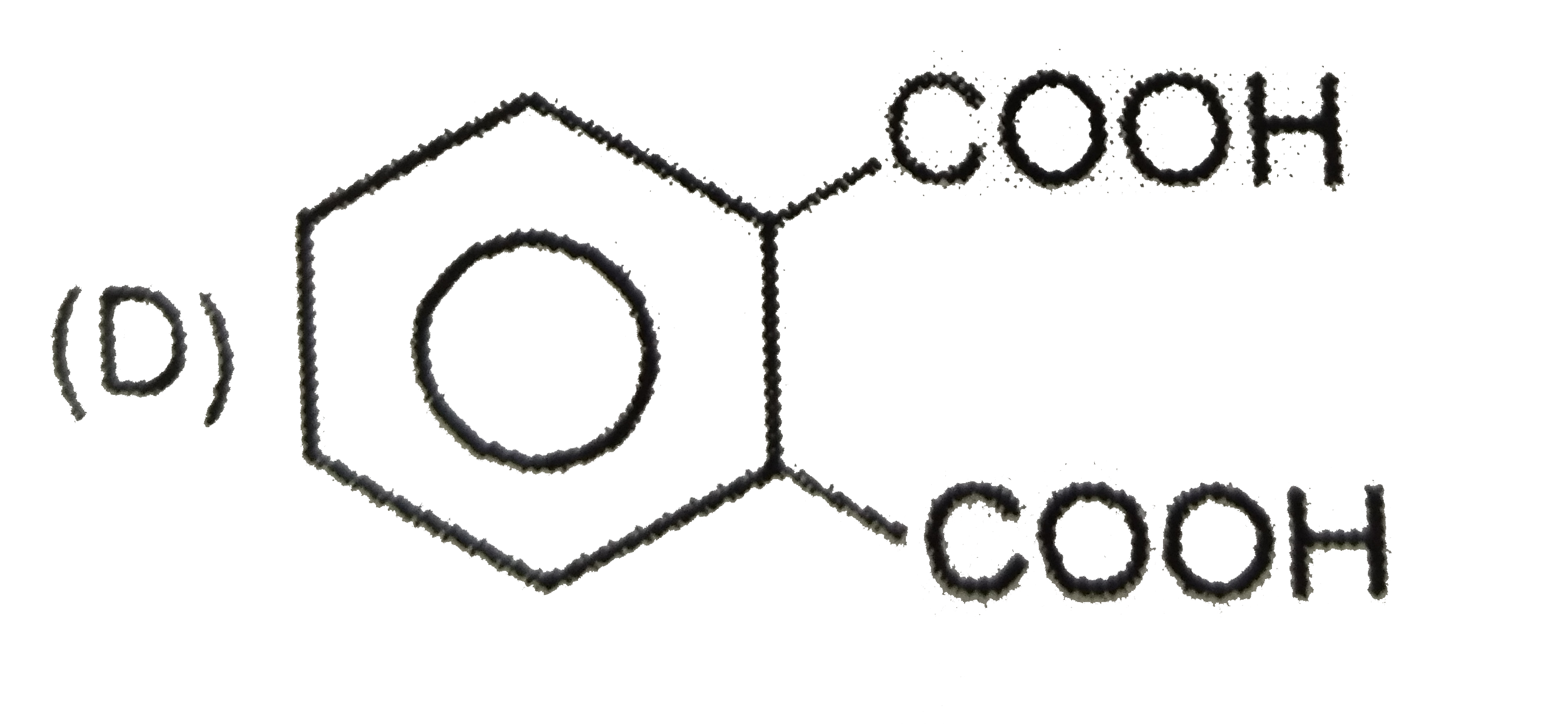
- Question 2 - Select One
Which of the following compounds will not yield iodoform on heating with iodine and dilute NaOH?
A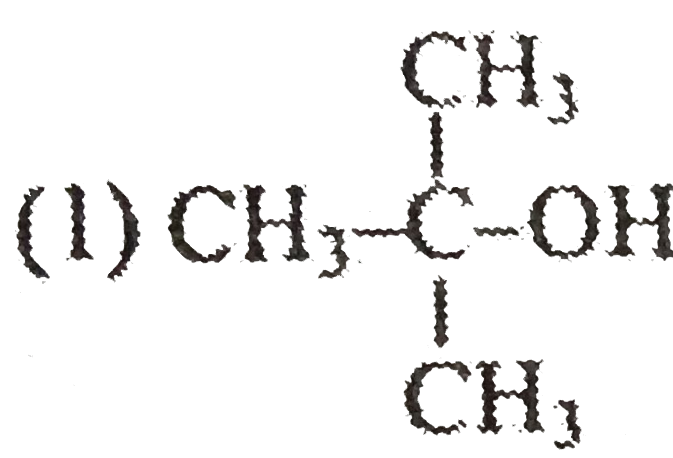 B
B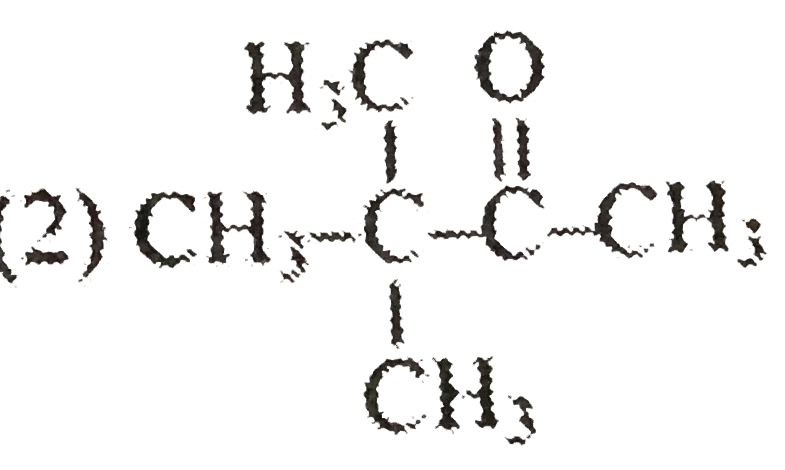 C
C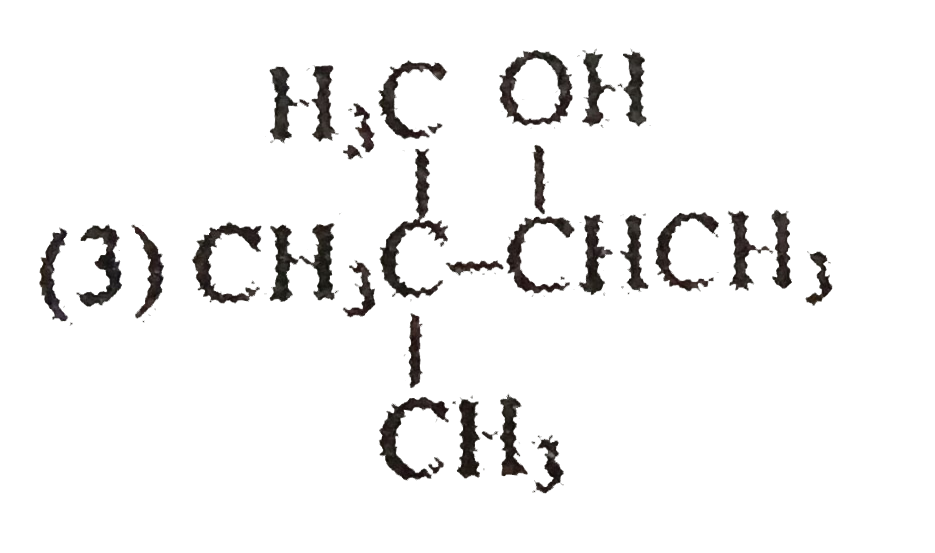 D
D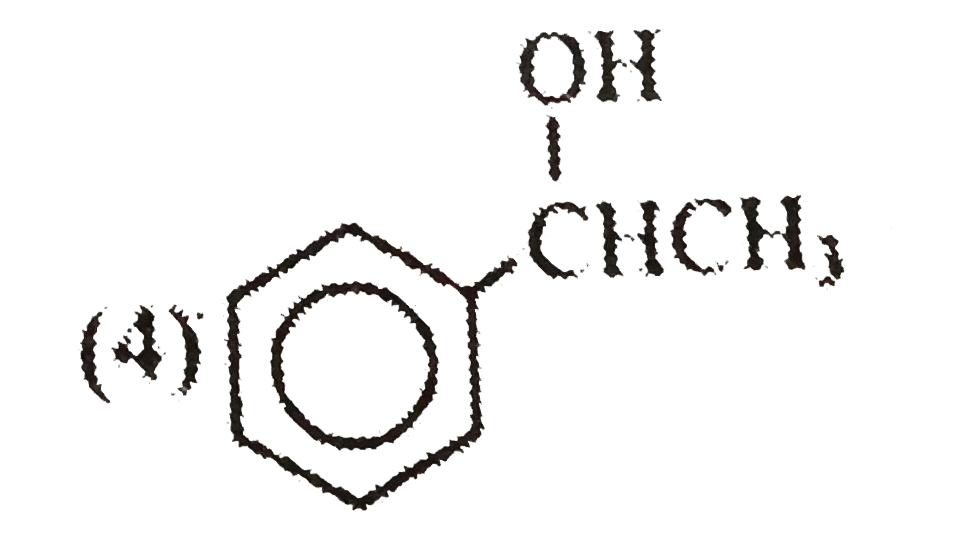
- Question 3 - Select One
Which of the following is not a cyclic compound?
AAnthraceneBPyrroleCPhenolDIsobutylene
Which of the following gives a cyclic anhydride on heating?
View SolutionWhich of the following is an aromatic hetero-cyclic compound ?
View SolutionWhich of the following is NOT a cyclic compound ?
View SolutionWhich of the following reactions will not give a four-membered cyclic compound ?
View SolutionWhich of the following is hetero cyclic compound?
View Solution


